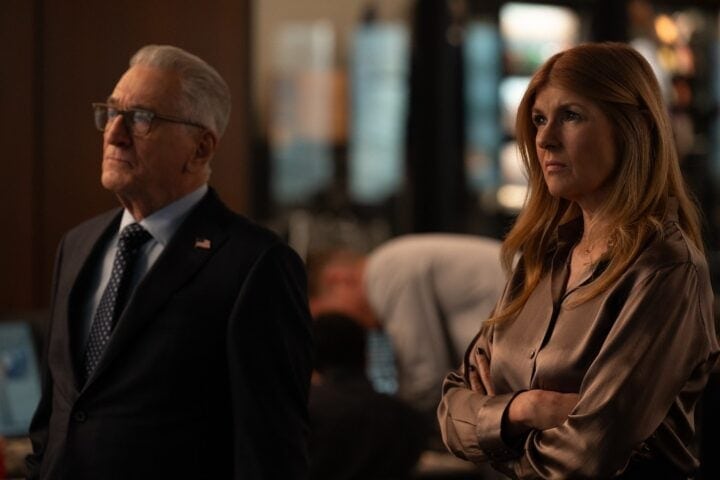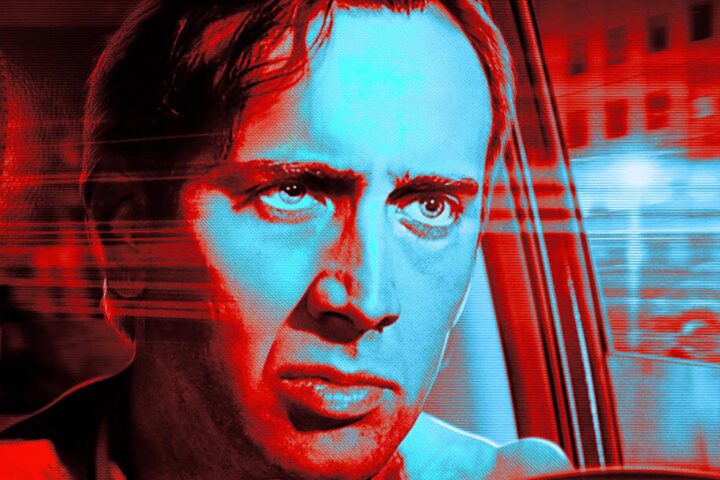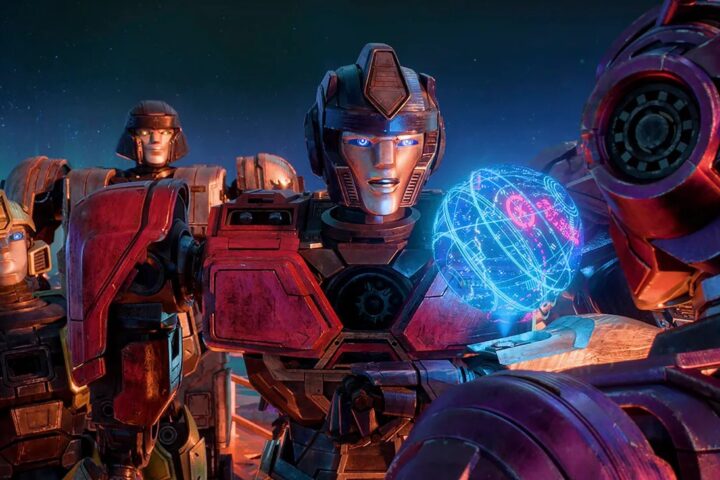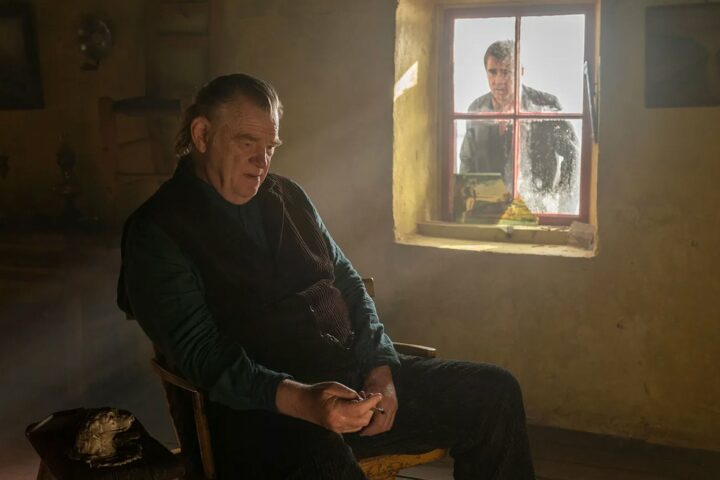The titular characters of Henry Selick’s Wendell & Wild are two jovial demon brothers (voiced by Jordan Peele and Keegan-Michael Key) who have aspirations to turn the hellish amusement park they call home into a much more fun kind of wonderland. Standing in the way of those dreams, though, is their imposing father and ruler of this alternate dimension, Buffalo Belzer (Ving Rhames), who prefers to keep the status quo of eternal suffering intact for all the poor souls who are damned to this Technicolor realm.
Wendell and Wild literally live inside their father’s head—his nostrils to be precise—and while attempting to concoct a plan to go over that head, their zaniness and physical resemblance to the comedians who voice them means that the film often suggests an outtake from some kid-friendly iteration of Key & Peele. Running parallel to Wendell and Wild’s antics, though, is the more poignant tale of a sullen goth teenager, Kat Elliot (Lyric Ross), whose parents were tragically killed in a freak car accident. Which makes Wendell & Wild the story of multiple hells.
After moving away for some time, Kat, who blames herself for her parents’ death, now returns to her hometown of Rust Bank, which has morphed over the years from a lively community into a depressed ghost town that matches the lingering trauma she associates with it. Enrolled at a stodgy boarding school run by the dubious Father Bests (James Hong) and the stern but compassionate Sister Helley (Angela Bassett), Kat eventually has to tap into her own supernatural powers to confront demons both literal and metaphorical.
Keeping in line with the child protagonists of Selick’s earlier films, Kat is a restless and inquisitive character that we immediately feel for, serving as a kind of audience proxy throughout the series of fantastic events that follow. Yet Wendell & Wild can’t seem to decide who its story actually belongs to, often leaving behind Kat, the emotional anchor of the tale, to focus on the somewhat exhausting silliness of Peele and Key’s hellion brothers.
The two sides meet when Wendell and Wild strike a pact with Kat in her dreams, subsequently emerging in Rust Bank to bring her parents back to life with a new re-animating cream that they then plan on using to drum up further undead support for their ambitious amusement park. But this association never quite blossoms into the robust partnership that one expects. The brothers instead get tied up with a couple of evil tycoons, one of whom conspicuously sports a Donald Trump combover, who plan on transforming Rust Bank into a for-profit industrial prison complex, an intriguing thread that unfortunately only gets cursory treatment.
Selick’s flair for phantasmagorical sights is on full display, though Wendell & Wild’s excessively CGI-enhanced look is a far cry from the grounded tactility of much of his prior work. The competing storylines and moods also add to the film’s growing identity crisis—or maybe it’s just that it all feels as if it’s been assembled from disparate parts. While Kat’s journey at times brings to mind the quiet spookiness of Coraline, the brothers’ escapades are more in the grandiose register of The Nightmare Before Christmas, with everything eventually leading to a frenzied climactic battle between the living and the dead that feels strangely pro forma.
That’s not to say that Wendell & Wild’s retread of Selick’s storied artistic legacy doesn’t bring anything new to the table. For one, it’s nothing if not admirably progressive, beginning with its diverse characters. Kat bonds at school with a trans classmate and fellow outsider (Sam Zelaya), and a cheery Indigenous bus driver (Tantoo Cardinal) rocking a Link Wray T-shirt makes a few mirthful appearances. But while these characters seem spawned from a genuine place, they feel predominantly defined by their narrative function, which only ends up impeding a greater excavation of the urgent anti-capitalist through line lying just beneath the film’s surface.
Since 2001, we've brought you uncompromising, candid takes on the world of film, music, television, video games, theater, and more. Independently owned and operated publications like Slant have been hit hard in recent years, but we’re committed to keeping our content free and accessible—meaning no paywalls or fees.
If you like what we do, please consider subscribing to our Patreon or making a donation.






